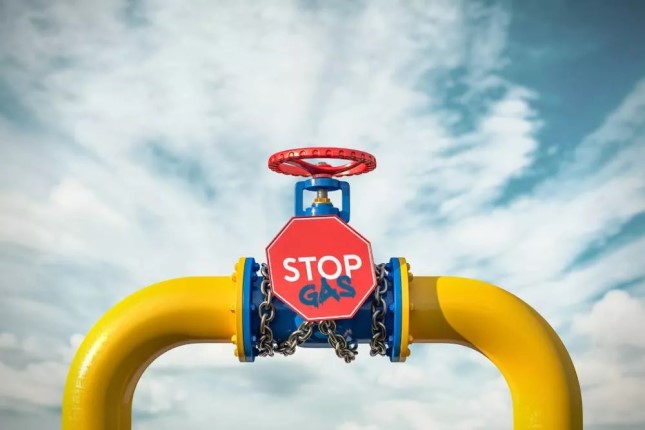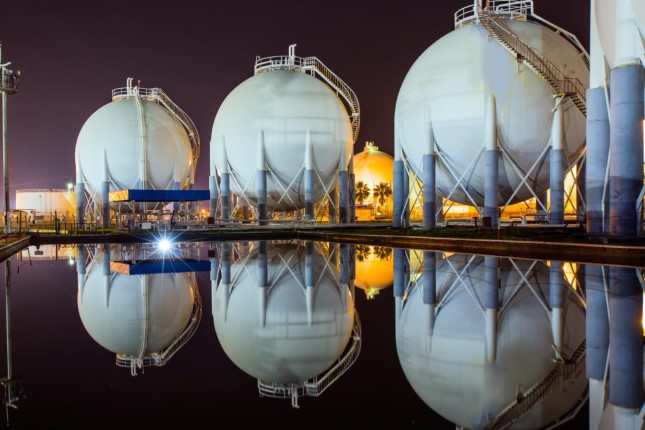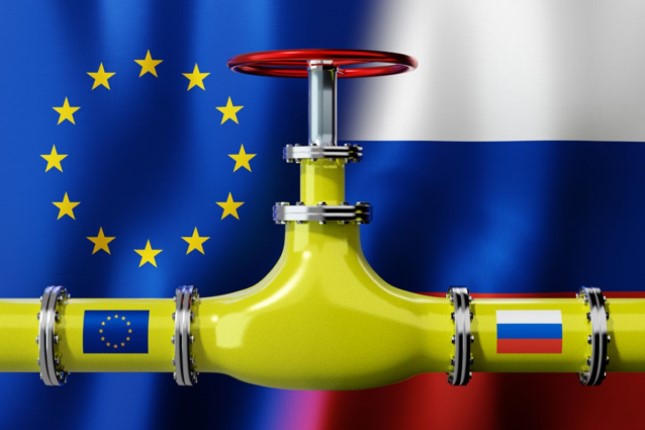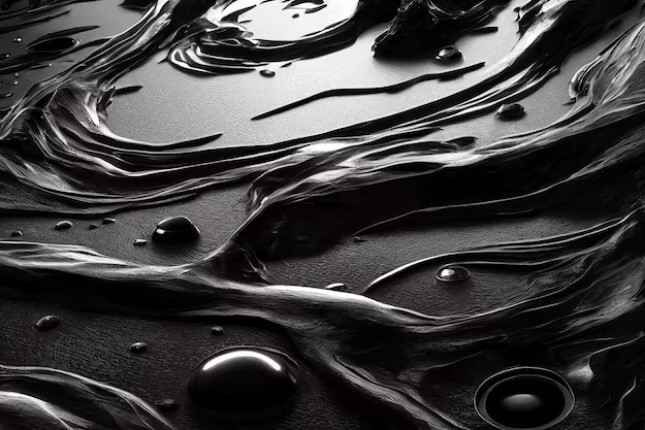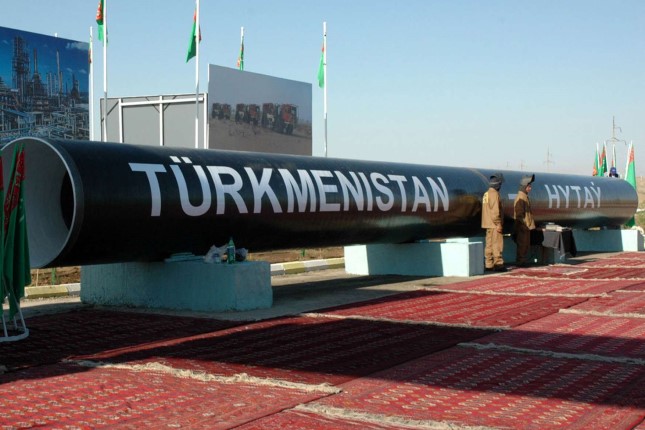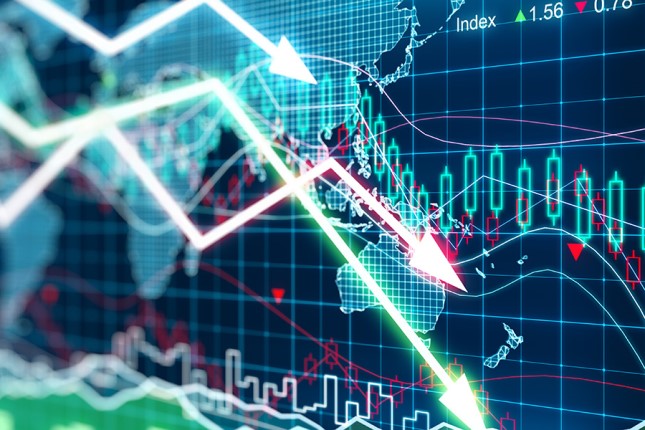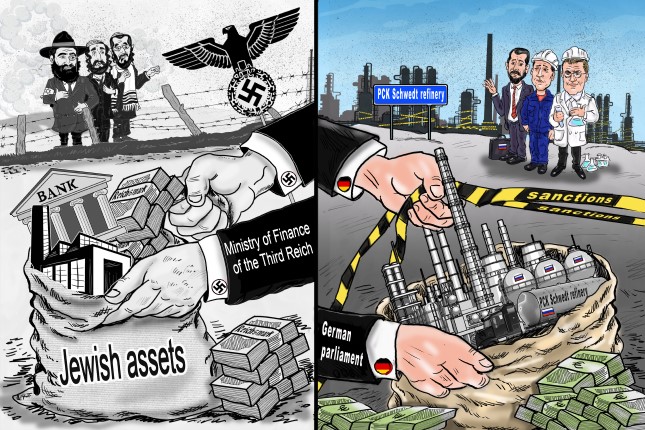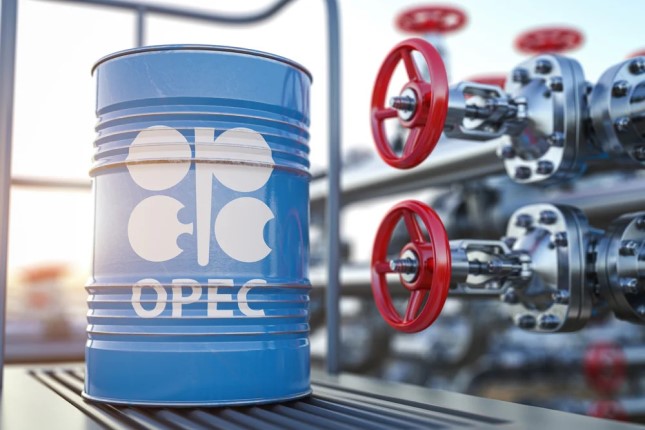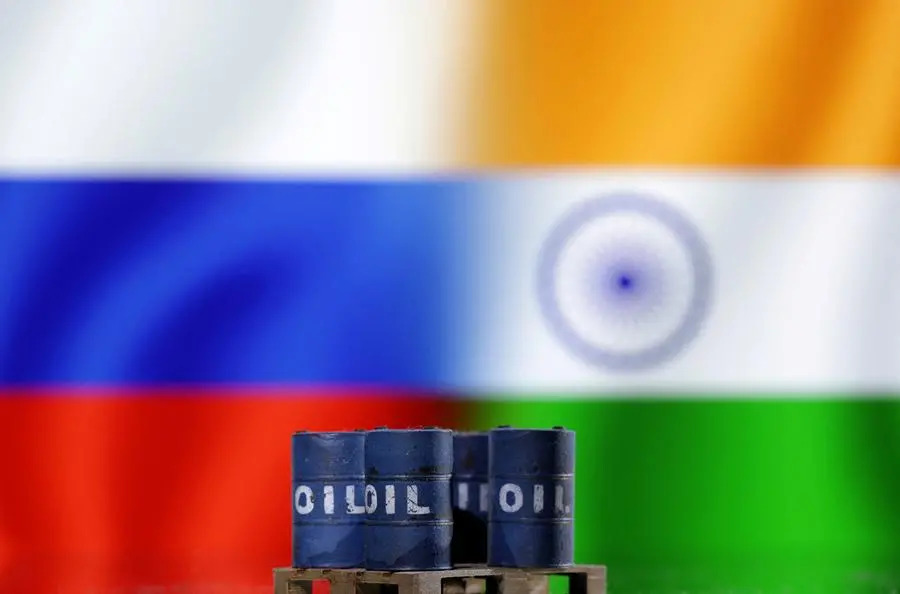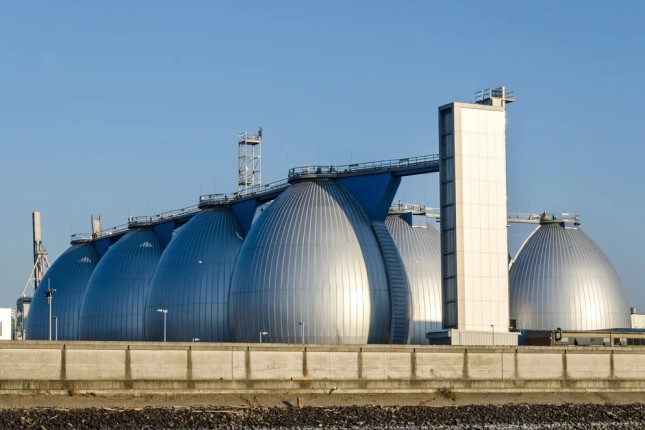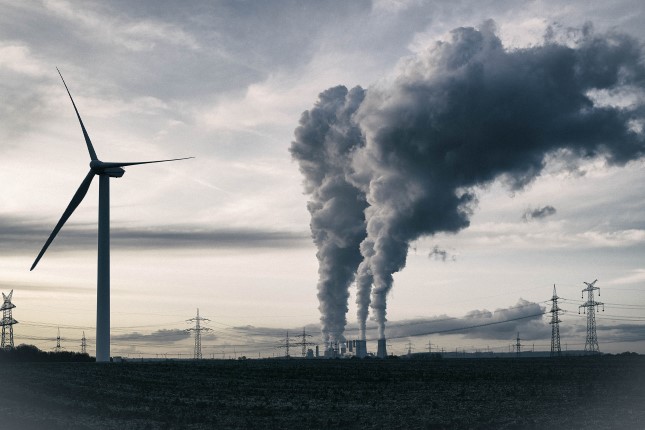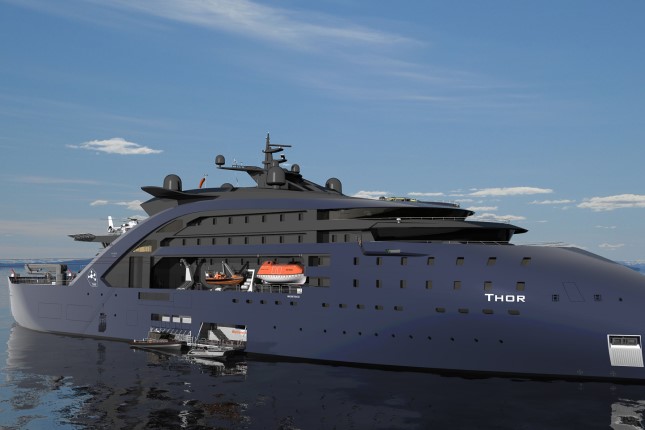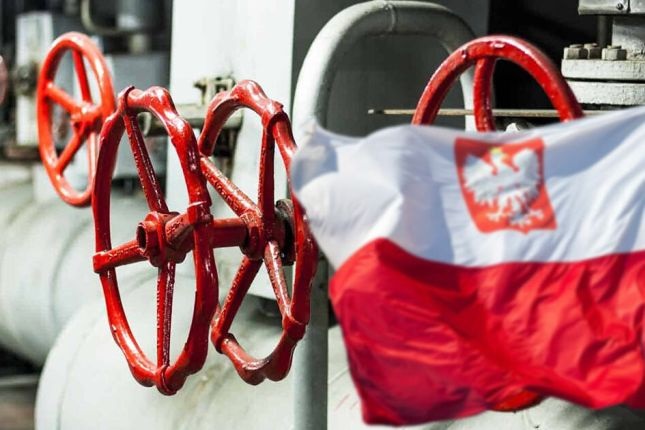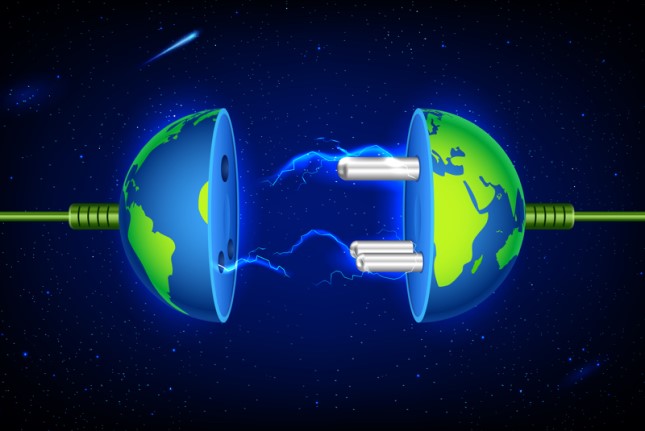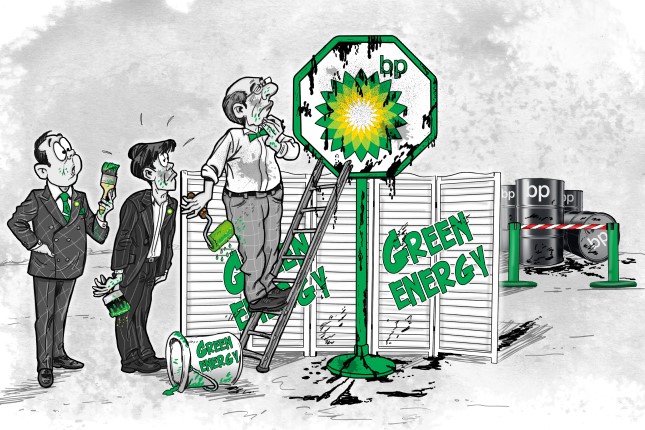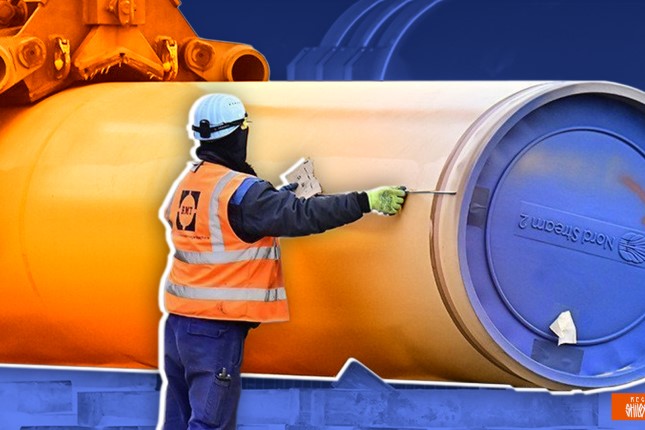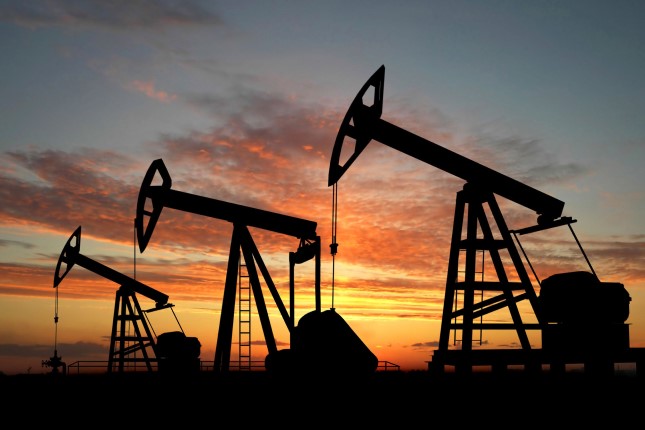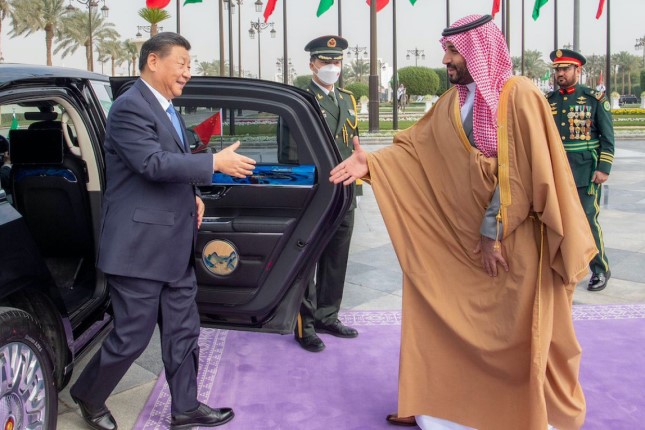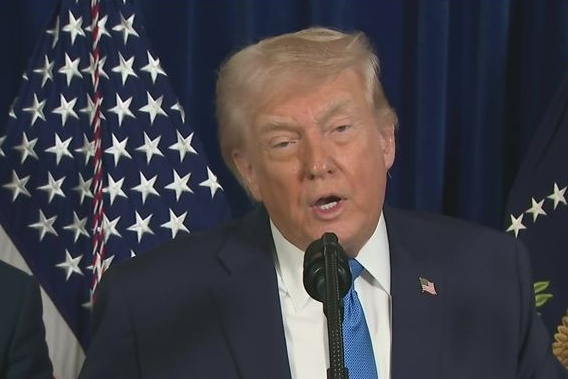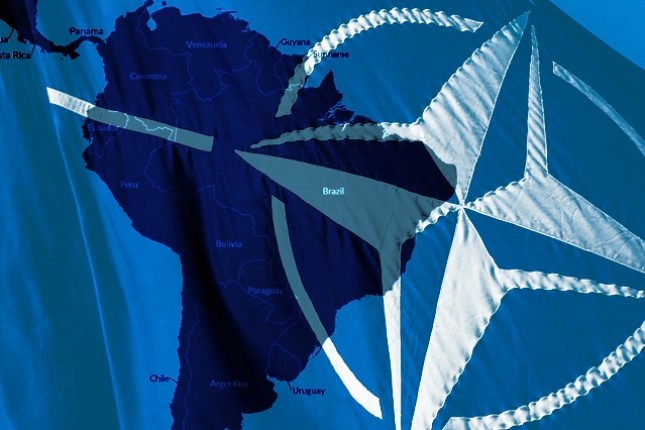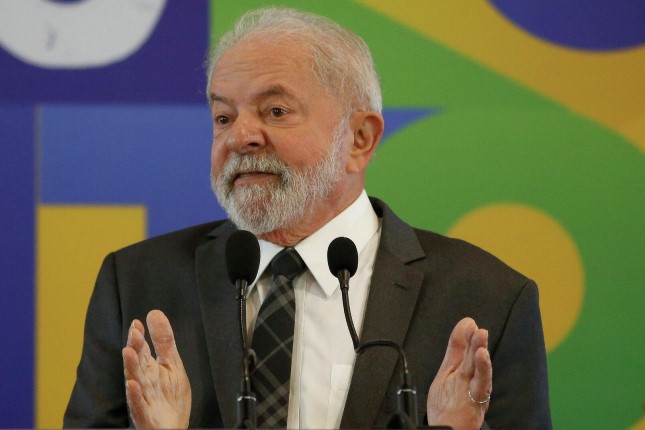In the Guangdong province, heater factories work three shifts per day. As a result of the high demand for their products in Europe, they are doing very well. The growth of exports to the European Union is unprecedented.
It has been reported that Bulgaria has bought six times more Chinese air heaters in the first six months of this year than in the same period last year. There was a four-fold increase in sales in Poland and a two-fold increase in Italy. The energy crisis is forcing Europeans to prepare for a brutal winter by purchasing solar panels and heating equipment.
The volume of exports from China more than doubled from January to August compared to 2021. Meanwhile, they are unlikely to help save much on electricity in winter. And yet, EU countries bought 132 million units from China. It is almost one and a half times more solar panels than last year.
John F. Kennedy once said that the Chinese word for "crisis" consists of two words - "danger" and "opportunity". Chinese linguists disagree with this interpretation; however, the current dangerous times in Europe present great opportunities for the United States.
Amid unsustainable energy and raw material prices, the EU is undergoing complex deindustrialisation and an erosion of its industrial structure. The most prominent companies in the region are moving their production to where it is more profitable, and quite often, it turns out to be the States. And for a good reason – the Americans can boast relatively low prices for gas, oil products and electricity, a highly skilled labour force, a lower social burden and legal rules and practices familiar to Europeans.
Due to Europe's rejection of Russian gas and earlier radical shift to renewable energy sources, chemical and metal industries, paper mills and rubber and plastic products are now being relocated to the US.
For instance, chemical manufacturer Evonik has opened a research and development centre in Pennsylvania and invested USD 200 million to build Indiana production facilities. Pharmaceutical giant Bayer is building a 100-million-dollar technology centre in Boston. Over four years, the chemical conglomerate BASF has invested nearly USD 4 billion in the US economy. Lufthansa and Siemens are also moving their facilities to the US state of Oklahoma.
The EU economy will lose vast sums, and thousands of jobs will be cut, while the chance that these productions will come back to Europe is rather slim.
Gas exporters, especially liquefied natural gas, continue to benefit from the European crisis. Once again, the United States is at the top of the list of beneficiaries, for which a new and very capacious market for LNG has opened up. Europe would like to buy all US LNG, but there is no way it can do so because no liquefaction capacity has been built and no delivery to end consumers within the country.
At the same time, LNG plants in the US are running at total capacity. Especially in light of the failure of the largest of them, Freeport LNG. Therefore, on the EU side, demand for gas from Australia, Qatar, and the UAE is also growing.
The potential market is so large that all gas exporters are preparing to double production and are also planning to expand their gas carrier fleets. This is good news for Chinese and South Korean shipbuilders. The demand for gas can be estimated quite accurately: Russia used to supply the EU with around 155 billion cubic meters of fuel per year.
Ankara has its own significant gain. The other day, President Erdoğan agreed with his Russian counterpart Vladimir Putin that Turkey would become a gas hub for the European Union. The country will thus accumulate pipeline gas from the Middle East, North Africa and Central Asia.
Azerbaijani President Ilham Aliyev has announced recently that the two countries are working with Turkey to double the capacity of the TANAP pipeline from 16 billion cubic meters of gas per year to 32 billion cubic meters. Thus, all gas exporters will benefit substantially from the EU's attempts to alleviate the energy crisis.
Middle Eastern suppliers are also earning extra revenues from the export of oil and oil products. As winter approaches and fuel shortages increase, Europe is reactivating its coal-fired power plants, which require raw materials at an accelerated rate. It is benefiting coal exporters like South Africa, which shipped more coal to the EU in the first half of 2022 than in the first half of 2021.
An economic analysis reveals that the Eurozone countries' trade deficit in August was around USD 50 billion. In an attempt to save the industry and society, we are running out of money, while the rest of the world is actively taking advantage of this situation with wasting no time.
